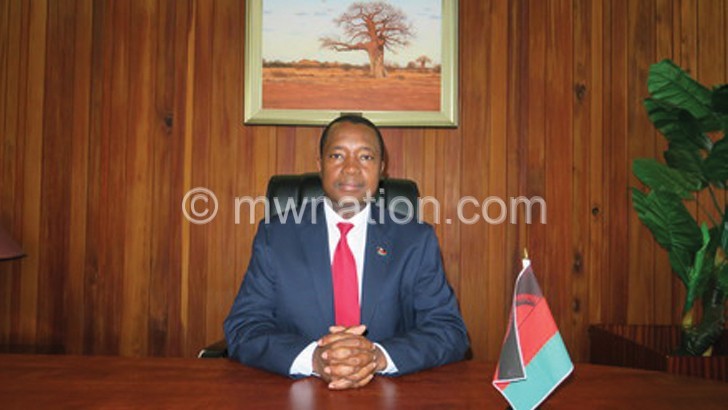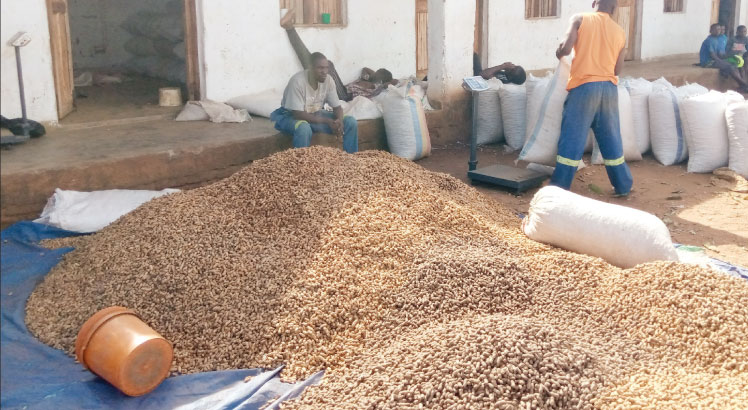Cheap savings interest rates threaten saving culture
Money market and banking analysts have warned that declining lending rates in the country’s financial system, while good for borrowers, could lead to the worsening of the savings culture among Malawians.
Declining policy rate as dictated by the Reserve Bank of Malawi (RBM) has on one hand led to declining interest rates on deposits that depositors earn within a specified period hence a disincentive to save their money within the financial system and earn interest.

The comments follow a report released by Nico Asset Managers that states that declining rates may lead to ‘low propensity to save’ as savings rates also decline.
Head of Global Markets at Standard Bank McLewen Sikwese agreed on the likelihood of having a decline on savings saying the intention of money savers is to both preserve and increase the purchasing power of their savings.
According to him, any significant decrease in interest rates to levels below inflation resulting in negative real interest rates destroys value for them and makes it unattractive for savers to put any resources in financial intermediaries.
However, he emphasised that a well-functioning financial market should be expected to offer alternative avenues of investment for savers.
Said Sikwese: “For the balance to be struck, we need to address the primary motivation of the saver, we need to ensure that the financial market players create an environment where savers are offered saving rates that able to help them preserve the purchasing power.
“As you are aware financial intermediaries borrow from savers to lend to businesses, individuals and government and can pay savers based on returns from their three customer groups.”
According to him, critical is to ensure that all borrowers of financial resources pay positive real interest rates for use of financial resources from government to individuals and businesses as this ensures that savers are paid a purchasing value preserving or increasing return.
RBM spokesperson Mbane Ngwira could not pick up his phone to comment on the issue.
However, in the fourth monetary policy statement Reserve Bank of Malawi Governor Dalitso Kabambe said: “Private sector credit has remained a strong growth momentum, with the third quarter of 2019 registering a growth rate of 19.2 percent compared to 15.1 percent in the preceding quarter and 9.9 percent in the corresponding quarter of 2018. Recovery in private sector credit follows recent declines in interest rates as well as a generally improved macroeconomic environment”.
Investment portfolio firm, Alliance Capital Limited said though individual savings are not considerable enough for investment, it is important that the economy gets reorganised to shore resources from all avenues to improve the country’s rate of savings at 2.9 percent as of 2017.
Savings in Malawi are influenced by factors like income, liabilities, dependence ratio, location and other demographic factors [age, marital status], extra with the crucial determinant of savings remaining the level of income that economic agents have.





